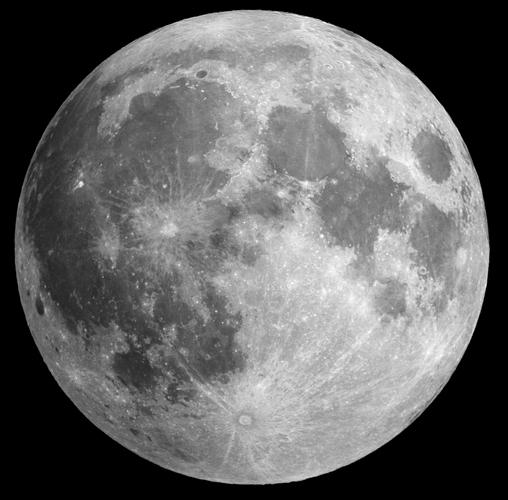
Human spaceflight has suffered a significant lull since the groundbreaking Apollo missions of the 1960s and 70s. But that looks set to change following the successful launch of NASA’s Artemis I mission, a crucial first step towards taking astronauts back to the moon.
Since the space shuttle made its final outing in 2011, NASA has relied on Russian Soyuz capsules, and more recently SpaceX’s Crew Dragon spacecraft, to get its astronauts into space.
At 1:47 AM Eastern Time, NASA’s Space Launch System successfully blasted off from Cape Canaveral, Florida for the first time carrying an uncrewed Orion spacecraft, which will eventually take humans back to the moon and on to Mars later this century.
“It’s taken a lot to get here, but Orion is now on its way to the moon,” Jim Free, NASA deputy associate administrator for the Exploration Systems Development Mission Directorate, said in a press release.
“This successful launch means NASA and our partners are on a path to explore farther in space than ever before for the benefit of humanity.”
Even after being cleared for launch, the system suffered repeated setbacks, with launch attempts on August 29 and September 4 called off due to a faulty temperature sensor and a liquid hydrogen leak, respectively.
The unmanned spacecraft will now travel 40,000 miles beyond the moon and then return to Earth over the next 25 days, giving NASA a chance to evaluate the performance of its systems before it has to ferry astronauts.
NASA is also hoping to have a small space station called the Lunar Gateway orbiting the moon.
There are still question marks over whether NASA can really meet its ambitious goals for a return to the moon, with its watchdog recently telling lawmakers that development delays in key systems mean that Artemis III will actually launch by 2026 at the earliest.
Missions to Mars aren’t likely to be in the cards until at least the late 2030s, according to NASA administrator Bill Nelson.
The launch of Artemis I is nonetheless a significant milestone in space exploration, and marks the beginning of an exciting new era of human spaceflight that could ultimately lead us further into the solar system than we’ve ever gone before.
